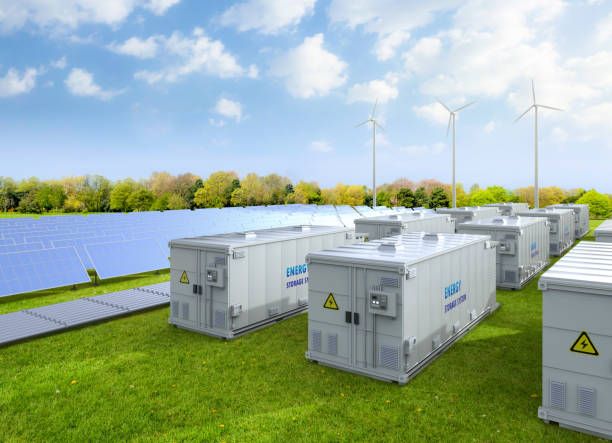
Get a Quote
Home Solar Battery System Cost
The significant advancement in battery technology has sparked considerable interest among those seeking to disconnect from the grid, store surplus solar energy, and attain energy independence. However, the swift evolution of technology has led to confusion regarding achievable outcomes and the ideal battery system for individual households. Costs also fluctuate widely based on energy storage capacity (measured in kWh) and the specific solar inverter needed.
How Much Does a Home Solar Battery System Cost?
The expense of home battery systems hinges on the battery's size or capacity, measured in kilowatt-hours (kWh), and the brand of solar or hybrid inverter utilized. On average, household batteries range from $5,000 for a petite 5kWh battery (including installation) to $15,000 or more for a substantial 12kWh battery. Factors influencing costs include the type of battery, installation site, backup power necessities, and the inverter type. While battery prices have been slowly decreasing, the pace hasn't matched the optimistic expectations.
To shed light on the matter, a typical 3-bedroom home consumes around 20kWh of electricity daily. Yet, some of this energy is utilized during the day and could be powered directly by solar energy. Considering this, a moderately sized 10kWh battery would generally suffice for evening and overnight power needs. However, each household varies, and energy usage patterns can differ significantly. For those prioritizing energy efficiency and using energy-conscious appliances, a smaller 5 to 6kWh battery proves more fitting, cost-effective, and ample for supporting essential loads like lighting, computers, and refrigerators.
Basic Cost Guide
As a rough guide, in Australia, a battery system typically costs around $1000 per kWh installed, while in the US, it's closer to US$700 per kWh. For instance, the Tesla Powerwall 2, boasting 13.5kWh of storage, rings in at around US$15,000 fully installed. In comparison, the 9.8kWh LG RESU battery costs about US$6000, plus the added expenses of a compatible hybrid inverter and installation. Additional costs and potential switchboard upgrades might arise, particularly if dedicated circuits need backing during a blackout. The battery's location is crucial, with some households requiring enclosures or covers to shield the battery from extreme weather and direct sunlight, which could lead to overheating and shutdown. In many cases, the warranty may become void if the battery isn't installed in a semi-protected location.
Conclusion
Navigating the landscape of home battery systems may seem complex, but understanding your household's energy needs and choosing the right system can lead to significant savings and a Guide, more sustainable future.

